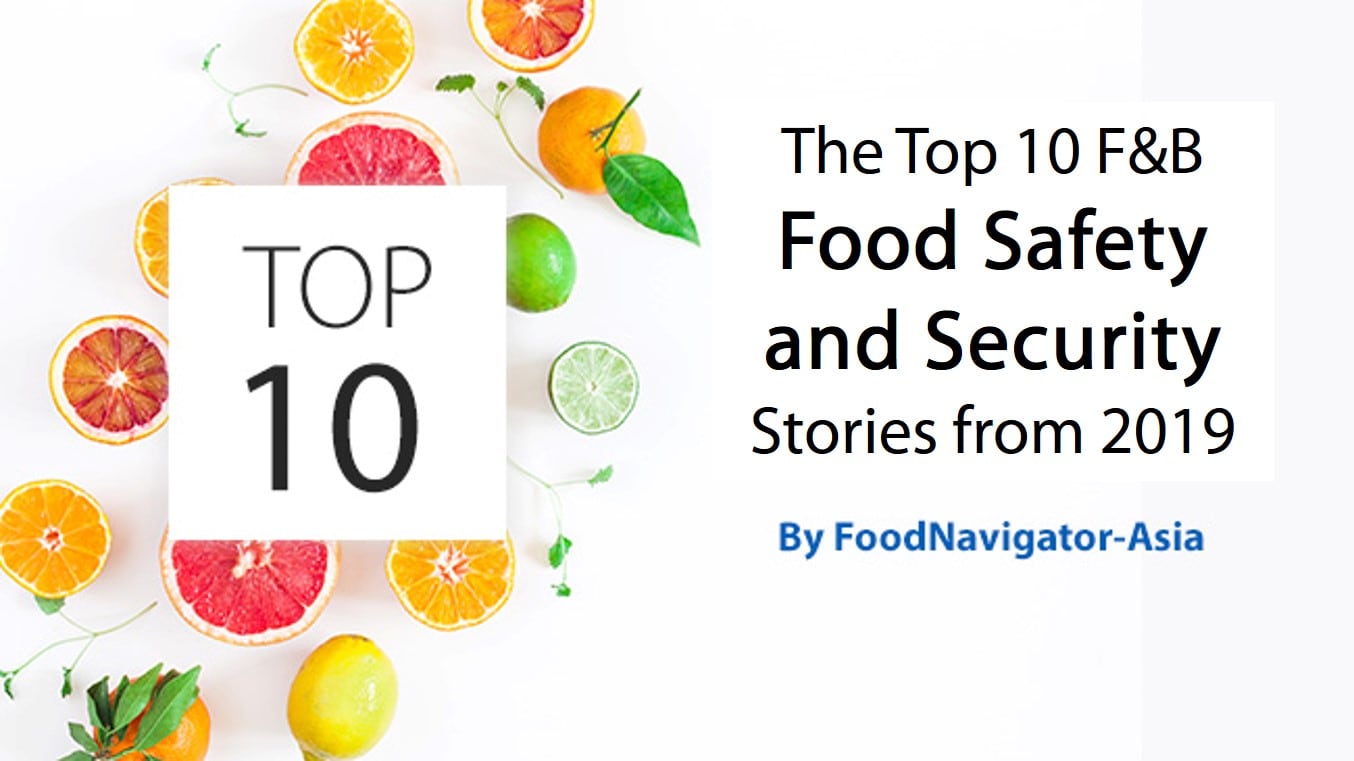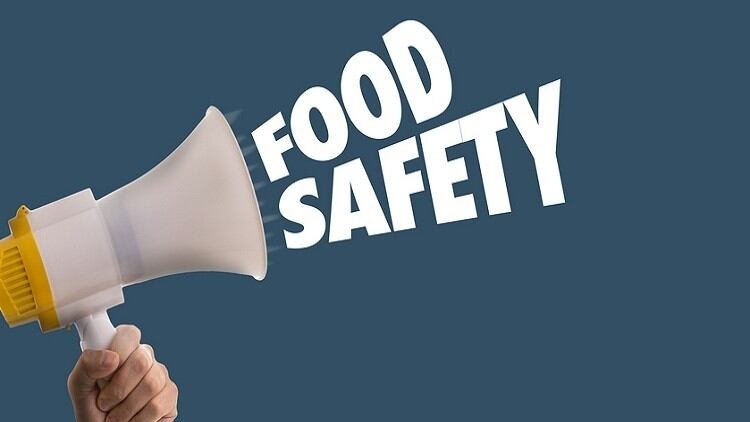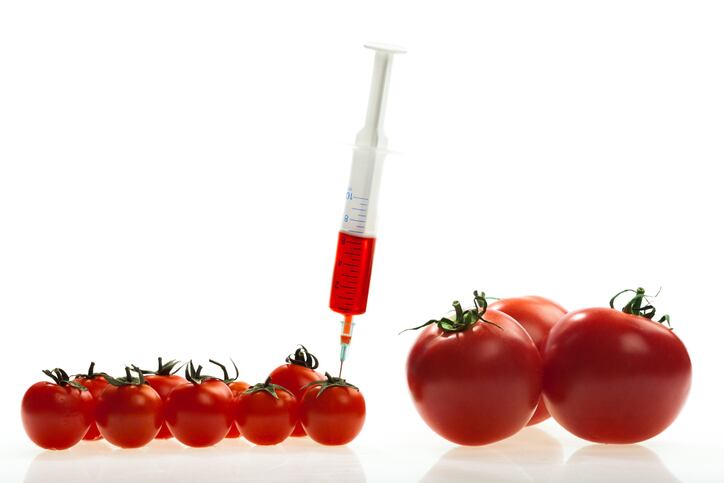Cheap, dangerous oil: Indian FDA warning over adulterated products amid FSSAI rule change
The Tamil Nadu Food Safety and Drug Adminstration Department has warned the Indian public about the continued dangers of adulterated edible oil despite a recent labelling change made by the Food Safety and Standards Authority of India (FSSAI).
The state government food safety agency conducted a raid on a local oil mill earlier this year, and issued the warning after it discovered that higher-priced oils from sesame and groundnut were being adulterated with palm oil.
“[We found that] palm oil was being mixed with sesame oil and groundnut oil, [and unaware consumers were purchasing these] because of the cheap price,” said Tamil Nadu Food Safety and Drug Adminstration Department Designated Officer Dr R. Chithra to Times of India.
“[It is important to] obtain oils from reputed mills [and] avoid these adulterated products, [as] palm oil can cause health complications, especially heart-related ones.”
‘No lead in Maggi’: Nestlé India again defends product quality amid lawsuit challenge
Nestlé India has again assured consumers that its Maggi noodles are safe for consumption and do not contain lead, amid an ongoing lawsuit and a reputational crisis that stretches back to 2015.
With regards to the longstanding claims of lead being present in Maggi noodles, Nestlé India insisted that no lead was added to the noodles in any form at any stage in a notice on its official website since last week.
A Nestlé India spokesperson stressed that the Maggi noodles “has been confirmed and reaffirmed many times through rigorous testing by laboratories accredited by National Accreditation Board for Testing and Calibration Laboratories (NABL).
“To ensure that food is safe, the Food Regulations have specified safe-limits for several elements including lead and Maggi noodles have consistently cleared these tests.
Milk in India found to be most highly-adulterated food product despite FSSAI assurances of safety
Milk and dairy products in the Indian capital territory of Delhi have been found by local authorities to be the most adulterated food product in the state.
The Delhi Food Safety Department tested some 2,880 samples of different food types across both packaged and fresh items between January 2018 and April 2019, of which 477 failed quality tests, it has recently been revealed.
Topping the list amongst these 477 samples were milk and relevant products, of which 161 samples were adulterated. 21 were found to be ‘misbranded’, 125 ‘substandard’ and 15 ‘unsafe’.
Food additive found in over 900 common food products increases risk of cancer and gut disease: Study
Researchers at the University of Sydney have discovered that the food additive E171 - commonly known as titanium dioxide and found in over 900 common food products - significantly increases the risk of gut disease and cancer.
Titanium dioxide nanoparticles can be present in products including mayonnaise and chewing gum. It is normally found in ’high quantities’ as it has a whitening function.
“[This means that] E171 is consumed in high proportion everyday by the general population,” said the study’s official statement.
According to study co-lead author Associate Professor Wojciech Chrzanowski: “It is well established that dietary composition has an impact on physiology and health, yet the role of food additives is poorly understood.”
“This study presents pivotal evidence that consumption of food containing food additive E171 (titanium dioxide) affects gut microbiota [and inflammation], which could lead to [various gut-related] diseases.”
Tea quality and industry compliance in India ‘very good’: Newly accredited FSSAI lab
The Tlabs chain of laboratories has recently obtained official accreditation by the Food Safety and Standards Authority of India (FSSAI), and has been tasked with monitoring tea quality in the country according to FSSAI parameters.
Tlabs is a laboratory chain operated by the Tea Research Association (TRA) in India, and was initially established under the 11th Plan Project of the Tea Board of India as a pesticides residue lab in 2010/2011.
“We now also have a quality control laboratory, so [Tlabs] basically operates on both ends to investigate tea quality according to pesticide parameters in one lab, and quality parameters in the other,” TRA Secretary and Principal Officer Joydeep Phukan told FoodNavigator-Asia.
Parameters that Tlabs focuses on during its analyses are generally in accord with the ISO 3720 standards for tea, as well as according to FSSAI norms for the local tea market.
Coconut oil adulteration: FSSAI bans 14 brands in India as new detection method gains traction
The Food Safety and Standards Authority of India (FSSAI) has banned 14 brands of coconut oil in the southern state of Kerala, citing the detection of adulteration.
In an article published on the FSSAI website, an official confirmed that laboratory tests had conclusively proved that the coconut oil products had been adulterated.
“[FSSAI has] banned the production, procurement and distribution of these 14 coconut oil brands, [and] these will face strict action,” she said.
Amongst the brands named as offenders were Surabhi and Soubaghya, both produced by Balakumaran Oil Mills.
‘No palm oil’ claims banned in Indonesia: Local industry backs move while MNCs reiterate RSPO commitment
Indonesia’s recent banning of products carrying ‘Palm Oil Free’ labels has received a positive response from the local industry, while MNCs Nestle and PepsiCo have reiterated their commitment to use of RSPO-certified palm oil.
The Indonesian National Drug and Food Control Agency (BPOM) issued the ban, saying that the ‘Palm Oil Free’ label had caused a number of problems for the country in its efforts to grow the palm oil industry.
“In a meeting between BPOM, the Ministry of Trade, the Ministry of Health, the Ministry of Industry, the Ministry of Agriculture and other related cross-sector bodies on the handling of this issue, [we have committed to] protect the competitiveness of the palm oil trade,” said BPOM Head Penny Lukito in a formal statement.
“Specifically, the use of the ‘Palm Oil Free’ label which will reduce the competitiveness of the Indonesian palm oil industry will be stopped.
Unlikely effects and ridiculous claims: Are 'superfoods' the new food fraud?
A dietitian from the Queensland University of Technology (QUT) has claimed that many superfoods' health claims are "unlikely" to work, "ridiculous" and "similar to food fraud".
“New ‘superfoods’ come and go and often confuse the public on what healthy eating is,”said Dr Helen Vidgen.
Dr Vidgen came to this conclusion after an investigatory assignment she commissioned her nutrition, dietetics and pharmacy students to carry out revealed that none of the investigated superfoods had scientifically solid backing for their claims.
“We were looking at nutrition and diet through the life cycle, and how different superfood products are being promoted to people at different stages in their life cycle (e.g. pregnancy, first-time mothers etc.), why these would be attractive to them, how true the claims actually are and so on,” she explained to FoodNavigator-Asia.
Vertical farming is not the answer: New Zealand food security in jeopardy at current urbanisation levels
A New Zealand report has revealed that the country’s horticultural industry and food security could face increasing challenges if it intends to rely on vertical farming to replace crops lost to a lack of land post-urbanisation.
This is mainly because vertical farming requires high investment costs, particularly when it comes to paying for electricity to provide suitable artificial conditions for crop growth.
“Vertical farming [utilises] sophisticated greenhouse methods and technologies within a closed environment to maximise productivity,” said report author, Horticulture New Zealand Environmental Policy Advisor Rachel McClung.
“High productivity is achieved by fully controlling aspects of cultivation, such as lighting […], temperature, humidity, levels of nutrient, growing medium composition and air composition.
“[As such, the requirements here such as] to replace solar energy with electricity for artificial lighting and temperature control, combined with the high capital investment and operational cost, currently outweighs the benefits.
‘New fraud opportunity’: Expert lambasts new Vietnam-Malaysia halal certification centre
An industry expert has voiced criticism over the newly-established Vietnam-Malaysia halal certification centre, saying that this could potentially open up the local food industry to more food safety and food fraud issues.
The Vietnam-Malaysia Centre of Halal was launched earlier this year in the Southern Vietnamese city of Can Tho, claiming the title of the ‘first halal certification centre in the Mekong Delta province’.
It was a joint venture between Vietnamese certification firm NHO-QSCert Organisation and Malaysian risk management consultancy RSD Management Solution.
The centre was touted as a means to help Vietnamese exporters increase exports to Islamic countries such as the Middle East, as well as increase Vietnam’s value as a Muslim tourist destination – but halal advisor and credence claims researcher John Keogh disagrees.
“Firstly, and to be honest, it opens up a new fraud opportunity. I say this because Vietnam does not have a food safety culture at any level [and] this is people and behaviour related,” Keogh, who is also Managing Principal of advisory firm Shantalla, told FoodNavigator-Asia.





